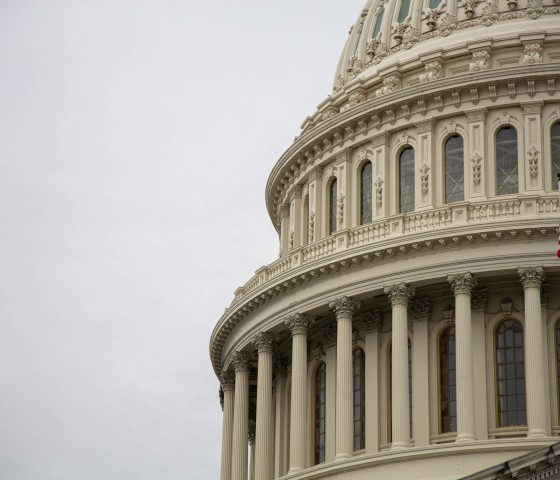COGR, representing over 200 U.S. research institutions, submitted comments urging the withdrawal of the proposed Interagency Guidance Framework for Considering the...
Intellectual Property & Innovation
Covering policies and practices for federally sponsored research, Intellectual Property and Innovation ensures discoveries and creative works are effectively protected, managed, and commercialized.

Featured
Technology Transfer in U.S. Research Universities: Dispelling Common Myths (Updated August 2022)
This document, published by COGR, systematically addresses and dispels common misconceptions about technology transfer activities within U.S. research universities...
The Bayh-Dole Act: A Guide to the Law and Implementing Regulations (October 2021 Update)
Originally published in 1999, and updated October 2021:
Resources
All Intellectual Property & Innovation Articles
The Bayh-Dole Act A GUIDE TO THE LAW AND IMPLEMENTING REGULATIONS
The Bayh-Dole Act, enacted in 1980 and subsequently amended, established a uniform federal policy allowing universities and small businesses to retain ownership of inventions developed through federally funded research, thereby facilitating technology transfer to the private sector and fostering public benefit. This legal framework, implemented through detailed regulations and compliance requireme
Tech Transfer Tutorial V3
This document provides a detailed overview of technology transfer practices in U.S. colleges and universities, emphasizing the role of research institutions in advancing economic development through the formal commercialization of intellectual property. It explains the foundational legal, policy, and operational frameworks—particularly the Bayh-Dole Act—that enable universities to patent and licen
COGR Submits Joint Comments with AUTM and Bayh-Dole Coalition to DOE on Exceptional Circumstances Determination
The letter addresses concerns from the Bayh-Dole Coalition and allied organizations regarding the U.S. Department of Energy’s (DOE) recent “determination of exceptional circumstances” (DEC), which aims to promote domestic development of DOE-funded inventions. While the coalition appreciates the DOE's efforts to prevent the off-shoring of strategically important technologies, it raises signifi
COGR’s Releases Paper on “Foreign Influence—Practical Considerations in Developing an Institutional Response”
This document outlines the increasing federal scrutiny on inappropriate foreign influence in U.S. academic research and offers practical considerations for institutions to develop effective research security responses. Triggered by concerns such as undisclosed foreign funding, participation in foreign government talent programs, and intellectual property theft—especially with a focus on China—U.S.
Materials Transfer in Academia: 20 Questions and Answers
The document "Materials Transfer in Academia: 20 Questions and Answers" (2021), published by the Council on Governmental Relations (COGR), provides a detailed overview of the complexities and best practices associated with materials transfer agreements (MTAs) within academic research. It outlines the crucial role that material exchanges play in scientific progress, particularly in the li
Material Transfer in Academia: 20 Questions and Answers (2021 Update)
The document provides a comprehensive overview of material transfer agreements (MTAs) in academic research, emphasizing their critical role in regulating the exchange of research materials—especially in the life sciences—and addressing complex issues such as ownership rights, academic freedom, liability, and compliance with legal and ethical standards. It outlines common challenges faced by resear
COGR Joins Multi Association Comment Letter on the National Strategy for Expanding American Innovation (Docket #PTO-P-2020-0057)
The document presents joint comments from four major academic and research organizations regarding the USPTO’s National Strategy for Expanding American Innovation. The associations express strong support for the strategy and the principles shared by their peer organizations. They emphasize the importance of rigor, excellence, equity, and inclusivity in federally funded research, and highlight ongo



